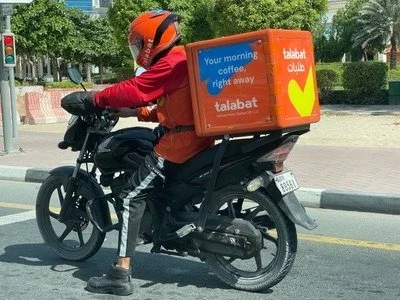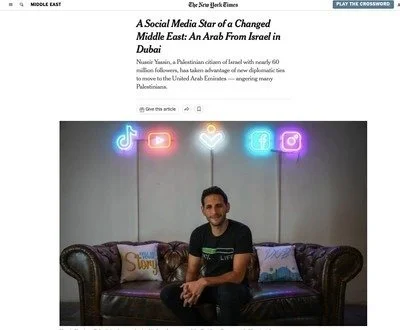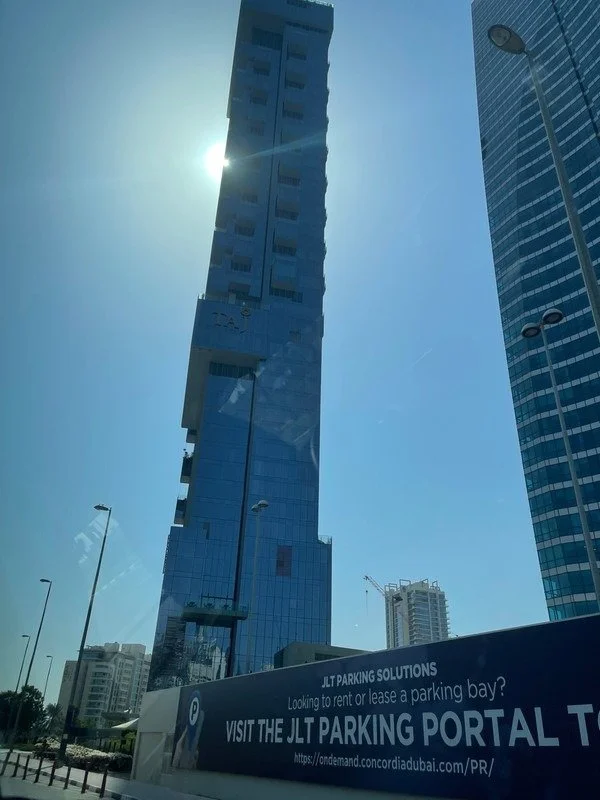Chapter 4: Dubai Overview
New; everything is new
04.09.2022 - 04.09.2022 110 °F
Chapter 4: Dubai Overview
September 4, 2022
I thought I would add my 2 cents to Paul's meticulous detail of what Dubai is about. I'm under strict instructions to stay within Paul's structure so i I can't yet tell you what happens when the adventurer and the 5 star princess collide. You'll have to wait for the appropriate chapter. So what you see that is UNDERLINED is my commentary. You might wonder why not another color - because we couldn't figure out how to use another color.
If I were allowed only one word to describe Dubai is would be WOW! NewYork has nothing on this city. If you want it, it's here. If you want it delivered, that can happen, If you want unique, you're in the right place, if you want the biggest, tallest, most unusual architecture then you must come to Dubai.
Only 3,400,000 people live here but that makes this the most populated place in the entire United Arab Emirates.
The UAE itself was born after the British withdrew from the region in 1968, six years after the first cargo of crude oil was exported from the region. Formally the Trucial States Council—seven sheikhdoms—came together in 1971. Those sheikhdoms are Abu Dhabi, Dubai, Sharjah, Fujairah (each of which I have visited) and Ajman, Umm Al-Quwain and a later joiner, Ras Al Khaimah (each of which I have not had the pleasure to see).
Dubai, in fifty years, has miraculously evolved from what was described as a “desert backwater” with not enough oil to what today is the most luxurious place in the world, a spectacular, glistening metropolis. But, misunderstood by many, it is a place where today only about five percent of revenue is derived from oil and where only about 15% of the 3.4 million residents are native to the region.
The easiest way to describe the place is: New. It’s all new. The buildings are new, the roads are new. There is nothing—with the exception of “historic Dubai” of which there isn’t much—that is not New. Along with New, add Clean. Figuratively speaking, you can eat off the streets. The public transportation is immaculate, no graffiti, no dirt, no torn seats; you might think it was built and put into service yesterday. And a public rest room - if you think the rest room in Nordstrom or Neiman Marcus is clean and nice, then i guess you haven't been to a public restroom in Dubai. Those two factors make this city unique. I have been all over the world and from my experience only Singapore competes for the “clean” title. Nothing competes with “new.”
But new isn’t all good. In Rome or London or Athens, nobody wants to go to what’s new; they want to go to what’s old. Dubai has a problem with that approach. Since this place was once populated by nomadic Arab’s, the only thing that was old was the fishing village it once was and that was nothing to be proud of.
All of this has happened in my adult lifetime. That fact alone makes it mind-blowing.
Thirty-five percent of residents are foreign businesspersons or other foreign residents. Another fifty percent are workers from India, Pakistan and Bangladesh and more which have been described in some quarters as being “dreadfully underpaid.” That leaves 15% of the population being accurately called “Natives.” There is no traditional “middle class” in Dubai.
It is listed as the “one of the safest cities in the world” by Warren Buffet’s travel insurance company, Berkshire Hathaway Travel Protection. Fear of consequences may account for that; this is an absolute autocracy. Is that a good thing? Most of the people we encounter here will answer that question by saying one word: “Yes.” This is, everyone tells us, a benevolent autocracy. That's not to say there aren't rules. I for one am not going to test the waters by not abiding by them. I'm a girl scout for the time we are here. No Jay walking, no littering, no holding hands walking down the street (I don't know that is a rule but since no kissing in public is a rule, I'm just going to include holding hands to be safe). One thing that is clearly not a rule is dressing in short shorts. I personally wouldn't be caught dead in short shorts but there are plenty of ladies wearing them here. Maybe because it is over 100 degrees or maybe they just think they look good.
The New York Times reported just last week that a popular Palestinian/Israeli social media star, Nuseir Yassin, moved to Dubai two years ago “When the United Arab Emirates forged diplomatic relations with Israel in 2020, it redrew the geopolitical contours of a region in which Israel had previously been shunned. On a practical level, it allowed Israeli citizens to live and work in Dubai.” What’s that been like for Mr. Yassin? In his article, the Times reporter Patrick Kingsley wrote, “In Dubai, he (Mr. Yassin) said, ‘I actually get many more rights that I don’t get in democratic countries. In America, I didn’t get the right to feel secure.” That is a pretty sad commentary on the United States.
He is saying that in Dubai, he is safer than in the United States, isn’t he?
Our ride in--on nearly deserted highways because it is Saturday morning--takes us quickly past the Dubai Frame and the Museum of the Future and countless delivery cycles bringing anything and everything from the store to your condo. Twenty-five minutes after getting into the Mercedes (driven by a fine young man from India), we arrive at the TAJ Jumeirah Lakes Towers, our home for the next 22 nights.
Subsequent chapters of this blog will cover topics including the economic framework here, the weather, traffic, day trips, historic Dubai (such as it is) and more. I will try to be balanced, writing what I believe to be truthful and forthright—and I will do my darndest to be fair. And I will continue to add my 2 cents.







